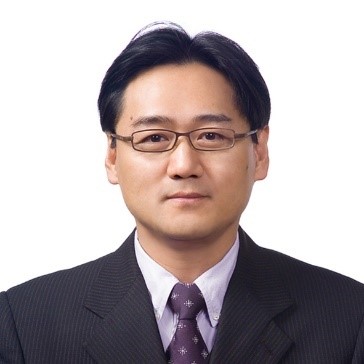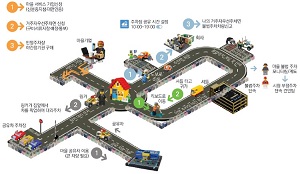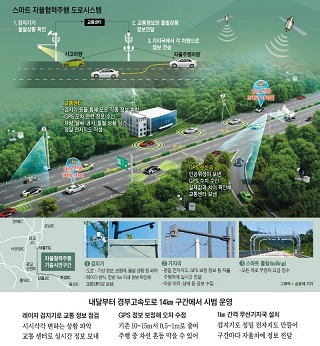Faculty People
Selected as the university to carry out the Innovative Human Resources Development project for Smart City in 2019 (from 2019 to 2023) by Ministry of Land, Infrastructure and Transport and Korea Agency for Infrastructure Technology Advancement (KAIA), Seoul National University plans to carry forward the training of core professionals necessary for industrial revitalization and expansion to the overseas market with the specialized education program reflecting the need of the smart city industry. In order to train the core professionals, we have newly set up the Smart City Engineering Program in the Department of Civil and Environmental Engineering and enhanced the linkage with the undergraduate courses by utilizing diversity of the participating professors of seven Departments (Dept. of the Civil and Environmental Engineering, Dept. of the Computer Science and Engineering, Dept. of the Architecture and Architectural Engineering, etc.). *The number of participating professors will be increased in the future.

Lee, Chungwon Professor
-
- Transportation Engineering
-
- 35-305
Transportation Engineering Lab
+82-2-880-7372 35-422
Transportation engineering is a study that explores the technology and engineering principles necessary for planning, designing, operating, and managing various transportation facilities so that people and logistics can move quickly, safely, and efficiently. Seoul National University's Transportation Engineering Lab aims to research the future transportation system that integrates and converges various fields. Our lab has been researching fields such as intelligent transportation systems, traffic management, network analysis, system design, and safety, focused on urban road networks and intercity highways. Recently, we are investigating connected and automated driving, smart city, smart signal, and MaaS (Mobility as a Service), which are global issues, using Operation Research, Econometrics, Machine (Deep) Learning, Discrete Choice Theory, and simulations as research tools. Courses cover various fields such as road engineering, sustainable transportation system, traffic flow theory, traffic system analysis, and traffic management.


Gwanak-ro1 · Gwanak-gu · Seoul · 08826 · Korea
|
tel. 82-2-880-9082
|
fax. 82-2-873-2684
Copyright © 2019 SCE, Seoul National University. All right reserved.




